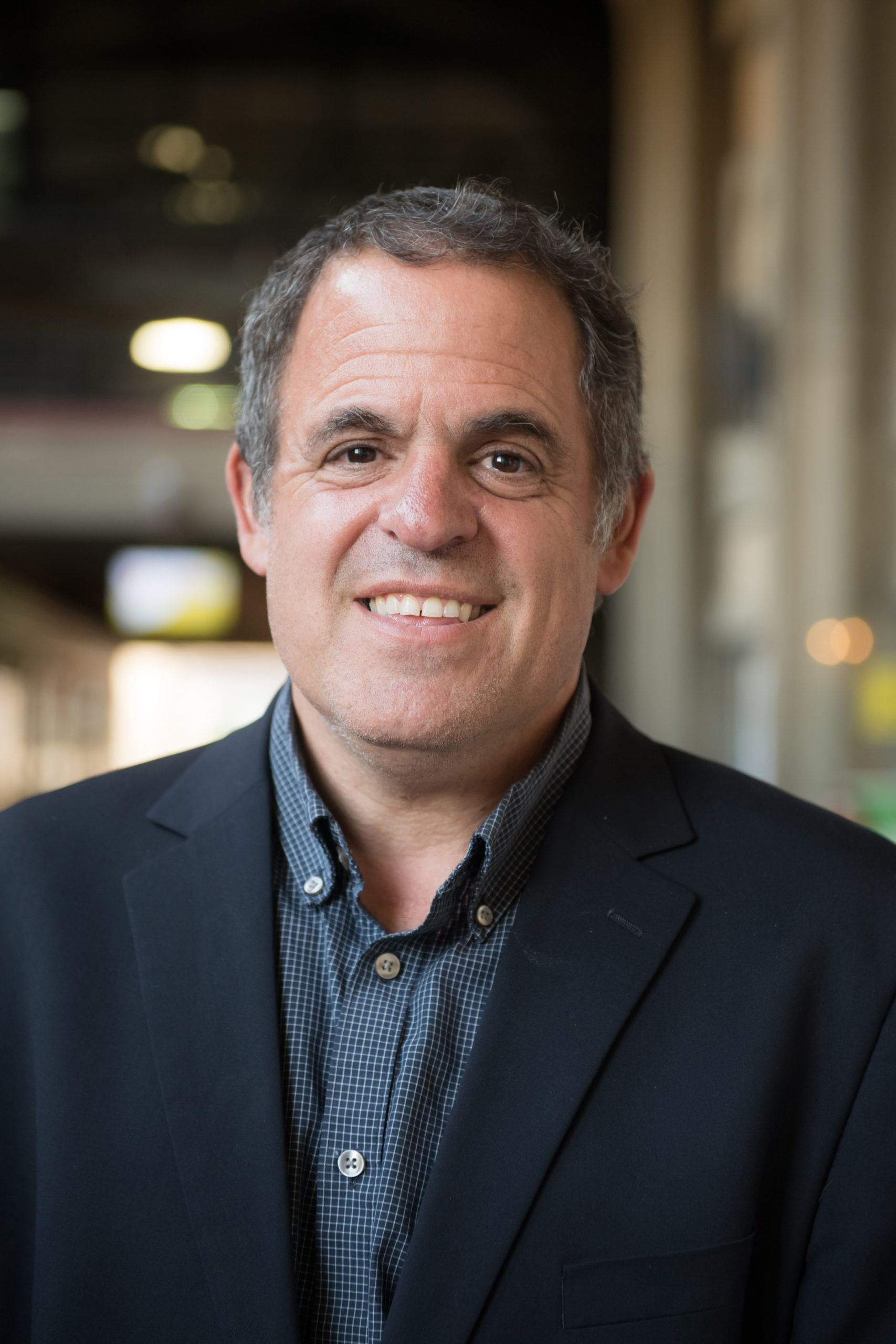
Lifestyle

Ethics expert calls for apolitical approach to medicine
“Should I take a patient off a medical ventilator?” “How do I balance a mother’s desired method of childbirth with what’s best for her baby?” “Do I give a patient a drug even though it has side effects?”
Professor Alan Jotkowitz advises young doctors faced with these ethical situations to do, as he says, “what you think is the right thing”.
Jotkowitz, the director of the Medical School for International Health at Ben-Gurion University (BGU) of the Negev, was speaking at a South African Israel Chamber of Commerce event at the Houghton Hotel on 21 November. The event was held in partnership with the South African Union of Jewish Students and ORT Jet.
Jotkowitz, also the director of the Jakobovits Center for Jewish Medical Ethics and a senior physician at Soroka University Medical Center, does his best to use his work at the centre as a role model for others.
“We try to model the idea that what unifies us as doctors is more important than the politics that we all have as individuals,” he said. “I’m involved in making medicine sort of apolitical, not just on a local level, but on an international level, and trying to keep it that way.”
In his department at Soroka, he makes sure that Jews and Arabs have the same waiting time for treatment. “I feel bad that you have to wait, but there’s no difference between patients. We treat all patients the same at Soroka. What’s beautiful about Soroka is that we all work together as a team. The staff is about half Arab and half Jewish, we work together, and we keep politics out.”
Jotkowitz has been talking about this model with his colleague and closest friend, an Arab physician he worked with for 20 years at the hospital. “We dream about this being a model for the rest of Israeli society,” he says.
He counts wars and rockets being launched into Beersheba as some of the tense moments at the hospital, but says those have been few and far between, and they have had no impact on patient care.
Jotkowitz went to medical school in the United States around the time AIDS was first identified in the country. In 2001, he fulfilled his dream by moving with his wife to Israel.
“Remarkably, my wife [a dermatologist] and I had been in the same jobs for the past 20 years in Israel,” says the grandchild of Lord Rabbi Immanuel Jakobovits, who wrote a book titled Jewish Medical Ethics. “I’m now dean of the medical school at the BGU, talking about how I work at Soroka in the hospital as a doctor. So, I juggle a lot of things.”
Known for its commitment to excellence in research and teaching, the Beersheba-based BGU is a more than 50-year-old public university. Jotkowitz says the institution is at the forefront of global health. “We have 40 students a year who come to BGU from around the world to learn global health. We want our graduates not necessarily to work in Israel, but to work in low-income countries.”
Before COVID-19, the university had joint programmes with Ethiopia, India, Sri Lanka, Nepal, Mexico, and Peru. “Our students went there, and their students would come back to us,” he says.
Jotkowitz says medicine is the only field where if you make a mistake, a legal issue arises. “I’ve been active in supporting a movement calling for change from a legal system to an educational system. When doctors make mistakes, they should be able to tell patients they made an error, and it should be dealt with as an educational issue so the mistake doesn’t happen again.”
Jotkowitz has been involved in two cases where a mother refused to have a caesarean section even though her baby had cord strangulation.
In the one case, the doctors respected the mother’s decision, and her baby was born with severe cerebral palsy. In the other, the doctors disregarded the mother’s wish, and her baby was born healthy.
Jotkowitz believes people should have autonomy provided that they don’t infringe on others’ right to health. “A person has a right not to get vaccinated, except if they’re going to endanger other people,” he says, pointing out that boosters shouldn’t be administered until the whole world is vaccinated.
He refers to a study conducted via Google Earth to explain why he believes China’s initial secrecy about the virus cost the world time to react efficiently.
“It looked at the parking lots of hospitals in Wuhan, and showed they were filled three months before the Chinese revealed that the epidemic had started.”
Jotkowitz says Israel struggles with the differing viewpoints of secular and Jewish medical ethics on issues such as euthanasia and abortion.
“There’s no abortion on demand in Israel,” he says. “For a woman to get an abortion in Israel, they go to a committee of two doctors and a social worker. Ninety-eight percent of abortions are approved.
“Israel is the only country in the world where we’re not allowed to take a patient off a ventilator. It’s a problem because there are patients who should be taken off. The simple answer, which I tell my students, is that the patient should get what they want. I contend that you can take the patient off the ventilator and put them on detached, non-invasive ventilation, and then the patient will eventually die on their own. I’ve talked to lawyers and the ethics committee, and I’ve pretty much got a consensus on that approach.”




